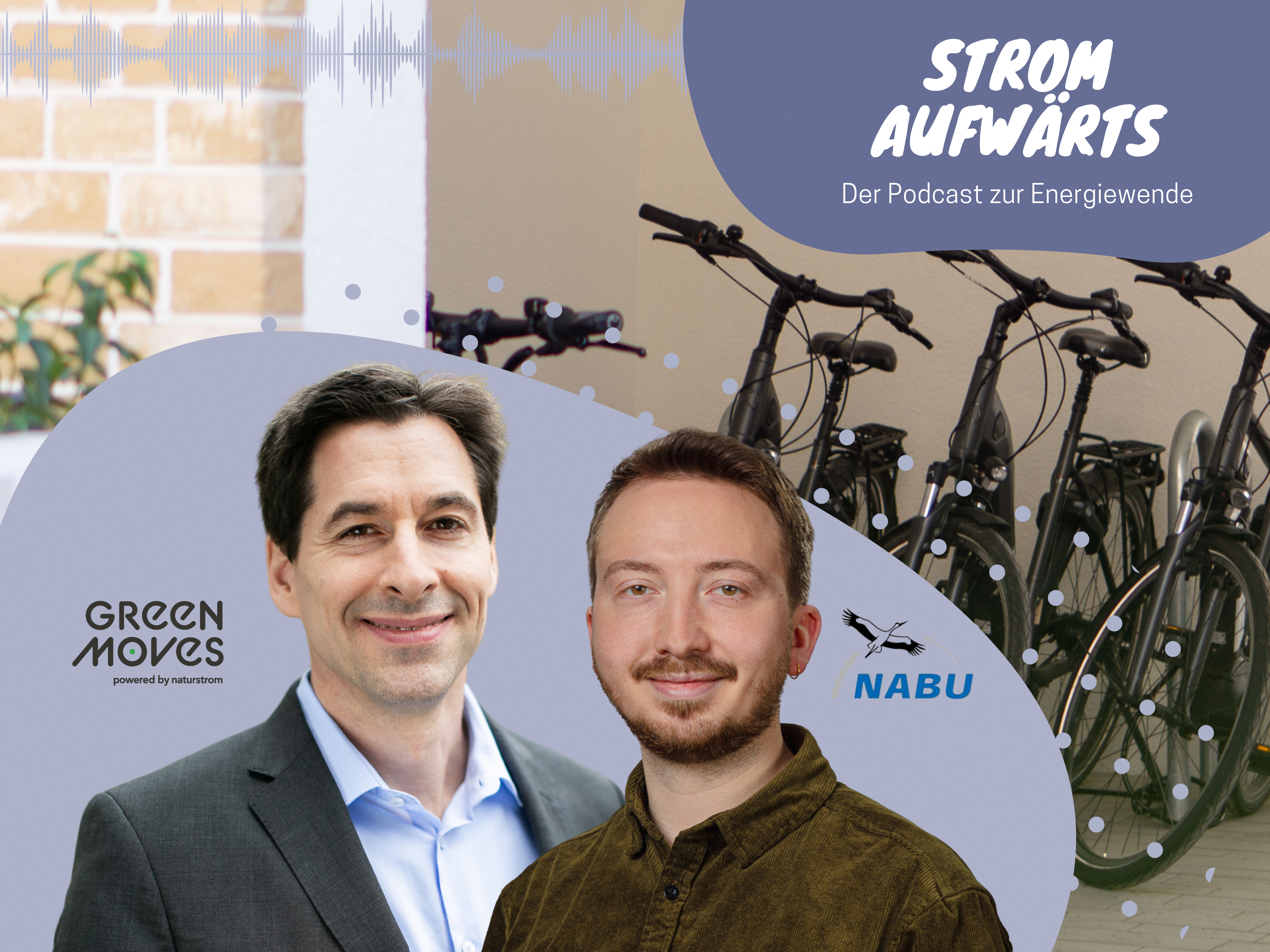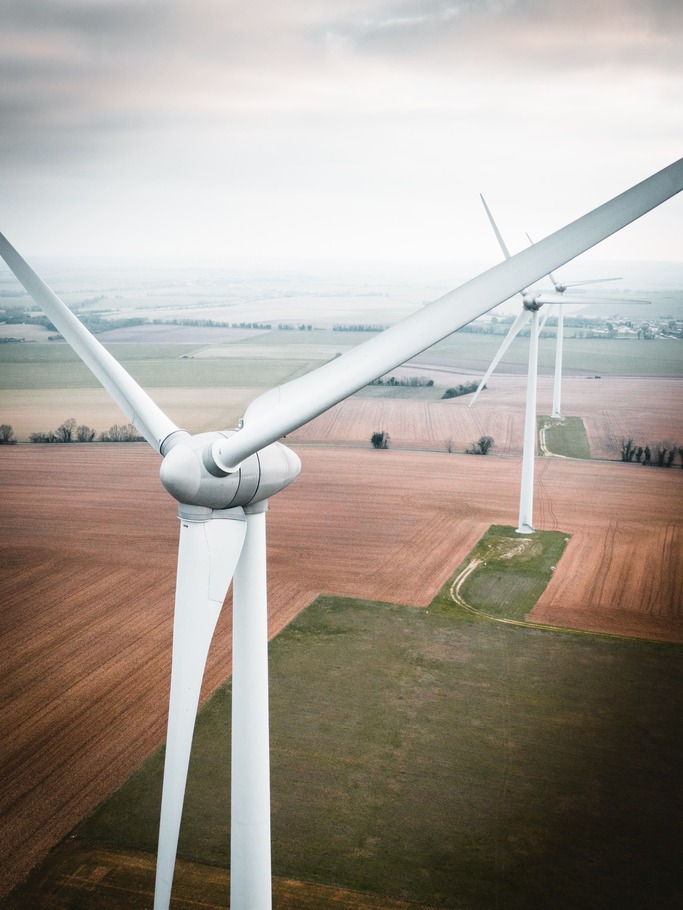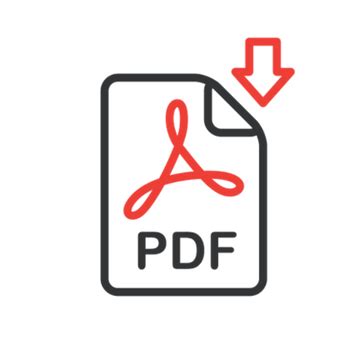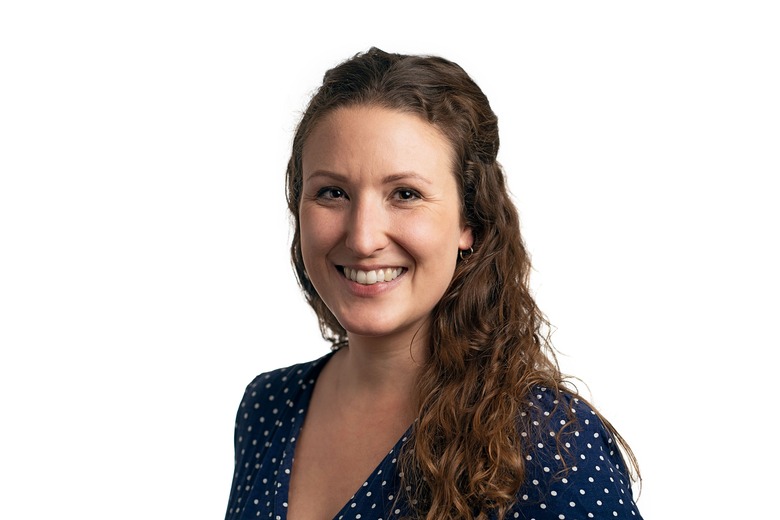Who are you and how long have you been part of the Grüner Strom Label e.V. team?
I am Nina and have been working for Grüner Strom Label e.V. since mid-2021. I started as a consultant in the Green Gas Certification Management and then joined the Green Electricity Certification Management one year later.
What exactly do you do at Grüner Strom Label e.V.?
At Grüner Strom Label e.V., I check the certification documents submitted by our label recipients for both departments, review and evaluate them together with my colleagues, and prepare the Grüner Strom and Grünes Gas appraisals. I coordinate the annual Green Gas certification and am the contact person for our label holders.
I also review energy transition projects submitted to us and manage the association's energy transition fund.
You actually have two areas of responsibility at Grüner Strom-Label e.V. What are the differences between green power and biogas certification and how do you reconcile the two?
For me, it is totally exciting to get an insight into both departments of certification. The certification processes for green electricity and biogas have so far been carried out rather independently of each other. Since this year, we have been working on harmonizing these processes and using synergy effects. This process is exciting and sometimes challenging, as there are always differences despite many similarities. For example
In the green gas certification management, the examination of the origin of the biogas is much more detailed due to the different substrates than analogously for green electricity in the green electricity certification. Last year, we developed a new Green Gas criteria catalog that focuses less on procurement criteria and more on the expansion of the biogas supply chain.
renewable energies - because that's what matters!
What motivates you about your work and why are you involved in the energy transition?
There is still so much untapped potential in renewable energies and this must be recognized and used efficiently. Therefore, I consider the energy turnaround to be one of the most important pillars in overcoming the climate crisis and I am happy to be able to contribute a small part to this through my work at Grüner Strom Label e.V..
For a successful energy transition, I think it is important that a lot happens "on a large scale," such as low-emission design of supply chains or energy-efficient refurbishment of buildings. But there are also many important steps that can be taken "on a small scale" to reduce our individual energy consumption, such as cycling more instead of driving or eating a regional and seasonal diet.
It is important to me that we become aware of the finite nature of the available resources. We should work together to create a sustainable cycle and find a more careful way of using what the earth can give us.
What's your favorite energy-saving tip?
I think simple energy-saving measures are great that anyone can implement, such as putting the lid on the pot when cooking or using the residual heat of the oven.
These measures cost nothing and can be easily integrated into everyday life. You can also wash laundry a few degrees colder or use the dishwasher's eco program; this takes longer, but saves energy.
All these everyday improvements are, I think, less about perfection and much more about a general awareness of the impact our actions have and the realization that even with simple measures we can do our part for a future worth living.








